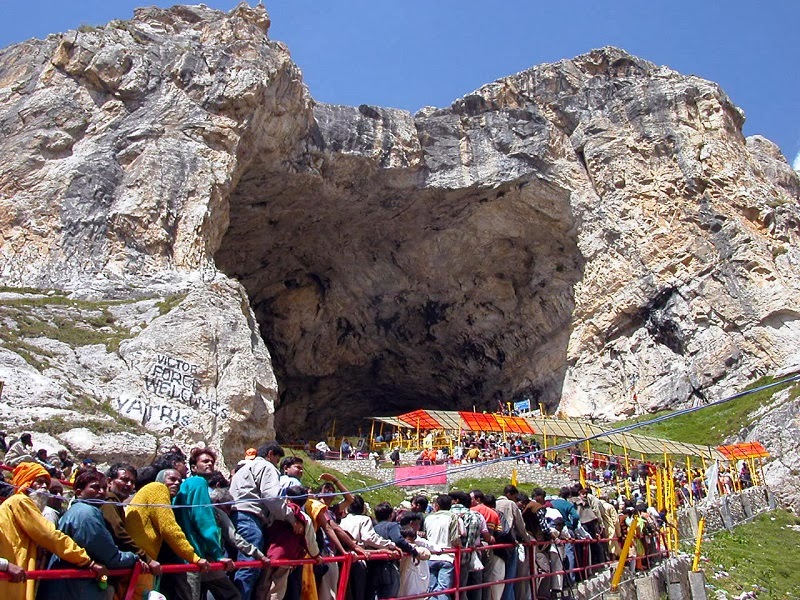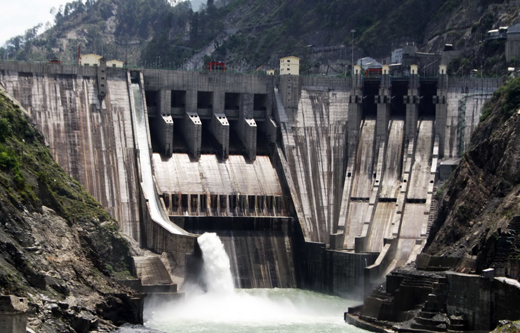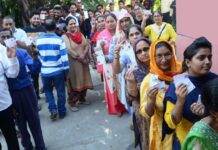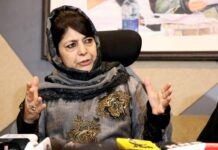
KL News Network
JAMMU
This night, every year, J&K’s finance department does not sleep, literally. This day is usually 30 hours long and concludes the late afternoon the budget is presented. Most of the officers and their aides, and a section of government press staffers do not sleep. Invariably, they do not go home and have dinner in their office. Traditionally a security detachment ensures the documents stay secret.
“We must be around 100 people who will spend their night in the office and these include people from the press and expert translators who convert the speech from English into Urdu,” Commissioner Finance Navin K Choudhary said. “This is something that has to be perfect the last fraction.”
With assembly in session, Finance Minister Dr Haseeb A Drabu could barely manage some moments to lay the Economic Survey 2016 on table on Tuesday. Though the budget is a long participatory process that requires detailed interactions with the stakeholders, within and outside the government, the final part is the draft and getting the relevant numbers. If the whispers in the secretariat corridors are to be taken seriously, then this season Dr Drabu will make perhaps his “longest budget speech”.
One of the most difficult part of the exercise is to have it translated into Urdu, state’s official language. J&K is abundant in experts in English and Urdu but quite a few who know both and quite rare who will be able to carry the essence of one language into another. Officials said they have the best team working on it somewhere in Jammu and they will take most of the night for its conversion.
Tensions of this night will fizzle out by 11 am on Wednesday when the budget will be read out to the house. But that will start new tensions – how the budget will be taken, primarily by the House, especially by the opposition and then by the larger society that has stakes in it. That precisely takes the debate to what Dr Drabu will say.

Working quietly, J&K finance minister has, off late, being talking less and in fact talking not at all. This is precisely he believes he is building the system for which he could not get quite a fair time. His first budget came within days after the Agenda of Alliance was stitched. That “short and sweet” budget, as was termed by the then Chief Minister Mufti M Sayeed, was done almost in hurry, in fact written in a hotel room within less than 20 days of the government assuming office.
The next came after a hiatus early last summer when the two parties took their own time in resuming the coalition and returning to power with a new leader. Well before the system could start implementing what was said in the budget, Burhan Wani’s killing in an encounter converted Kashmir in a battleground. Barely two months after the durbar moved to Jammu, the House is readying to listen his third budget speech. He believes his first budget initiated micro-reforms, the second one tackled allocations, and hopes this budget improve operations.
By this winter, however, Dr Drabu has got enough time to understand the unpredictability of his state’s socio-economics and lot of time to figure out how best a public expenditure statement should help a moribund system within and outside the civil secretariat to work. In between, however, there have been many changes flowing silently in to the governance structure.
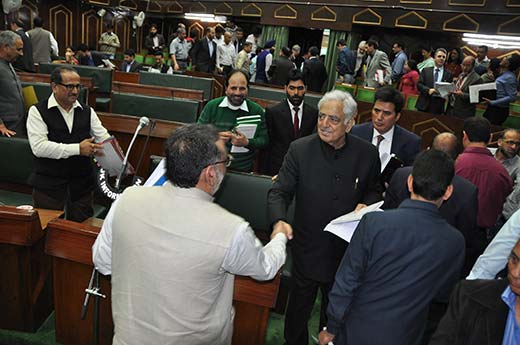
Major part of the surging liability in energy sector was managed to a larger extent this past summer. There have been visible and clear improvements in the GP Fund payment systems as well. With surging allocations, the government departments had traditionally parking public money in tens of thousands of bank accounts earning interest but not being deployed. That process saw a change with thousands of dormant accounts being closed. There was some serious movement on debt restructuring as well. At least two of his initiatives were copied at the central governmnet level.
It is expected that Finance Minister offers details of what has silently happened in all these months, outside the tradition of Action Taken Report.
What has been done is done. Now the issue is what in his kitty now, a year ahead of GST regime.
“I intend to bring in some more reforms, may copy some of the best practices in quality expenditure,” Dr Drabu told this reporter, soon after he placed the Economic Survey 2016 on table. “I want to get certain things in the system that impacts cross section of the society positively.”
Seemingly, he has started accepting the larger reality – the unpredictability of the situation. In fact the Survey he placed on table exhibited a part of it: it carried a photograph of closed business on its front page and almost started with the impact of the unrest and conflict.
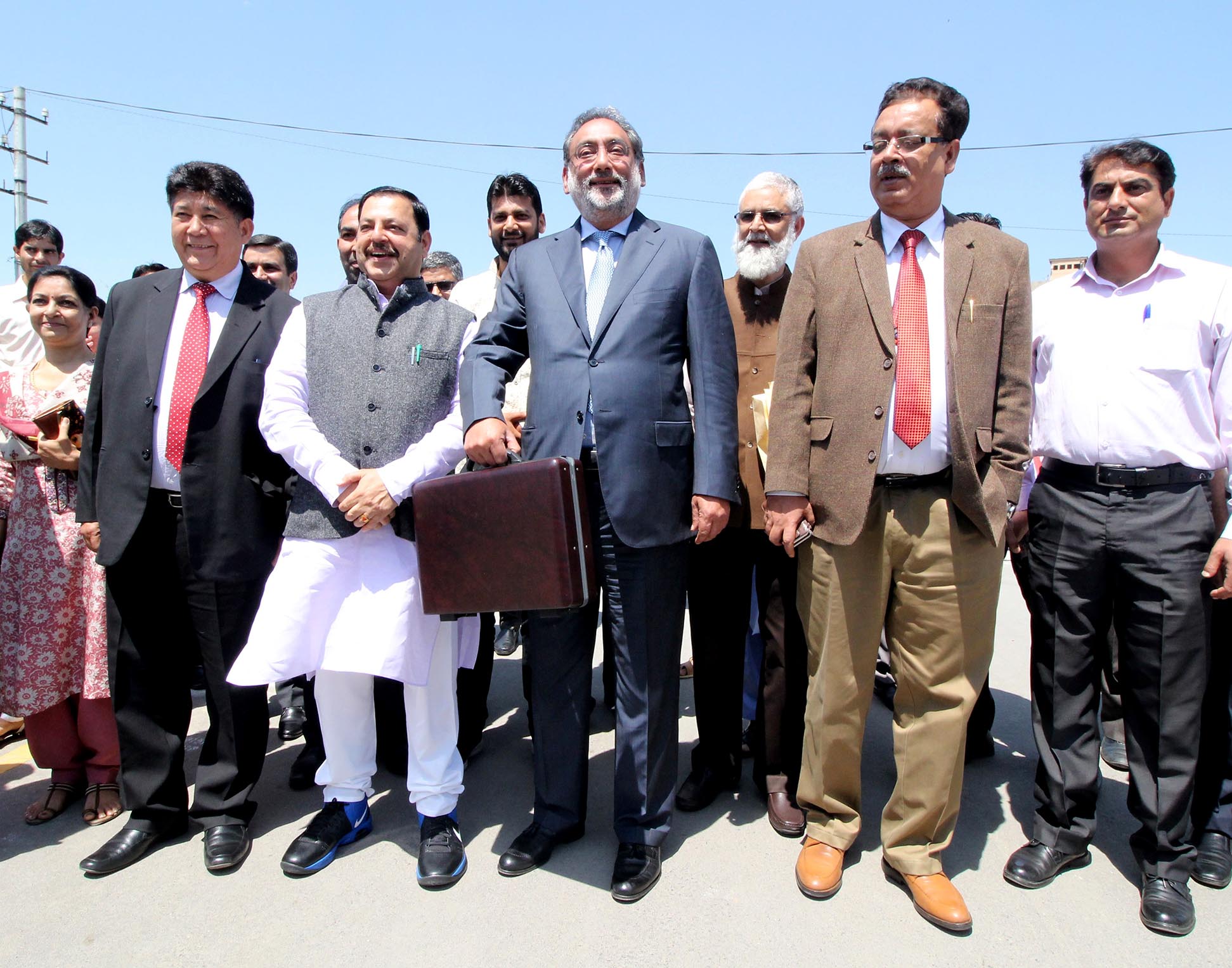
How will the economist Finance Minister manage a balance between nearly 60 thousand daily wagers seeking adjustment and almost 400 thousand employees waiting for a word on seventh pay commission? How will he improve the rundown power distribution system and prevent almost two-third of energy going down the drain? How will he reassure his party’s constituency that had a literal “development holiday” this summer? And more importantly, how will he implement his ideas so that early budgeting leads to improved spending, both in quality and quantum?
To answer all these and many other questions, in his last pre-GST budget, Dr Drabu may have to break his promise. He may not walk to the house with a suitcase, but have to carry a bag, a bag-full of initiatives that trigger a change.





